In conducting research for our recent consumer paying for healthcare report—and preparing materials for the first annual HSA Awareness Day—our suspicions were confirmed: Many Americans struggle to make sense of health insurance industry jargon, which has led to many misconceptions about health spending accounts (HSAs) and flexible spending accounts (FSAs) in particular.
When talking to consumers, we found these to be the five most common and stubborn misconceptions consumers hold about their healthcare benefits:
30 percent of CDHP enrollees believe HSAs are “use-it-or-lose-it” accounts (they’re not).
Many consumers think of an HSA as a healthcare spending account only, not as a savings account for the future. (Other consumers—though aware of the potential to use an HSA as a retirement planning tool—spend down their account balances every year out of necessity, with aspirations to become investors at some point.)
Many people say HSAs and FSAs are “not for someone like me.” Two distinct counter-comparisons came through during interviews and focus groups: the indestructible (“Those accounts are for older, sicker people”) group and the timid (“Those accounts are for smarter, richer or more organized people”) group.
40 percent of employees think funds in FSAs can be invested (they can’t).
Another misconception is that FSA and HSA funds can be used only for doctor and hospital visits. (In fact, they can be used for everything from alternative medicine to prescription sunglasses, from drug and alcohol addiction treatment to dental care.)
Say this, Not that: We’ve been talking about HSAs and FSAs all wrong
Opportunities exist in both product and messaging to overcome barriers to understanding HSAs and FSAs, including a lack of awareness, confusion about what is offered and a lack of relevance (among other issues). The good news is that simply choosing your words more carefully when communicating with consumers can go a long way toward helping consumer-directed health plans appear less complex and clearing up some of the biggest misconceptions about them. Here are some suggestions for communicating in simple, consumer-friendly language that applies to their lives:
Instead of calling an HSA “portable,” tell consumers, “When you change jobs, it goes with you.” Remind employees that HSAs aren’t employer-specific and that employer contributions immediately become their property once they’re deposited into an HSA—and can be taken with them from job to job.
Instead of saying “HSAs provide triple-tax savings,” tell consumers, “Use your HSA for qualified medical expenses, and you don’t owe any tax on that money. At all. Ever.” Contributions to HSAs are not subject to federal income taxes; earnings from interest and investments are tax-free; and distributions from an HSA to pay for qualified medical expenses are tax-free. Because of these three facts, we’ve tended to use phrases like “triple-tax savings,” but for the majority of consumers that phrase doesn’t resonate. Though tax savings is one of the key benefits promoted in most FSA/HSA literature, we found that it may not be the most effective benefit to communicate, since the majority of consumers can’t translate what those savings mean to them personally.
Instead of saying FSAs are “use-it-or-lose-it” accounts, tell consumers, “Check with your employer to find out your grace period and what you can roll over from one year to the next.” On one hand, the “use-it-or-lose-it” phrase has been somewhat helpful in that it helps people distinguish account types. On the other hand, it brings with it strong negative associations, many of which are no longer true. A study by the Society of Human Resource Management found that 46 percent of companies that offer FSAs let employees roll over $500 from one year to the next, and 37 percent offer a grace period until March 15 to use the money. (Employers are allowed to offer a rollover or a grace period, but not both.) That leaves about 17 percent of employers without a rollover or grace period. If more consumers were aware of the high potential for leeway, they would be less apt to perceive FSAs as too risky to enroll in.
Instead of a “high-deductible health plan,” call it “an HSA-eligible plan” or a “consumer-directed health plan.” Consumers are less likely to understand the value of these plans if we only use the phrase “high-deductible health plan.” That sounds scary! Why did we let the name the government chose stick?
Instead of saying, “Save your receipts for reimbursements,” let consumers know that a debit card is by far the most popular method of accessing funds from healthcare accounts because it is easy to use (and you don’t have to save receipts!). The card is what makes it easy for people to access their money, reinforcing positive feelings of safety and control.
by WEX Health

